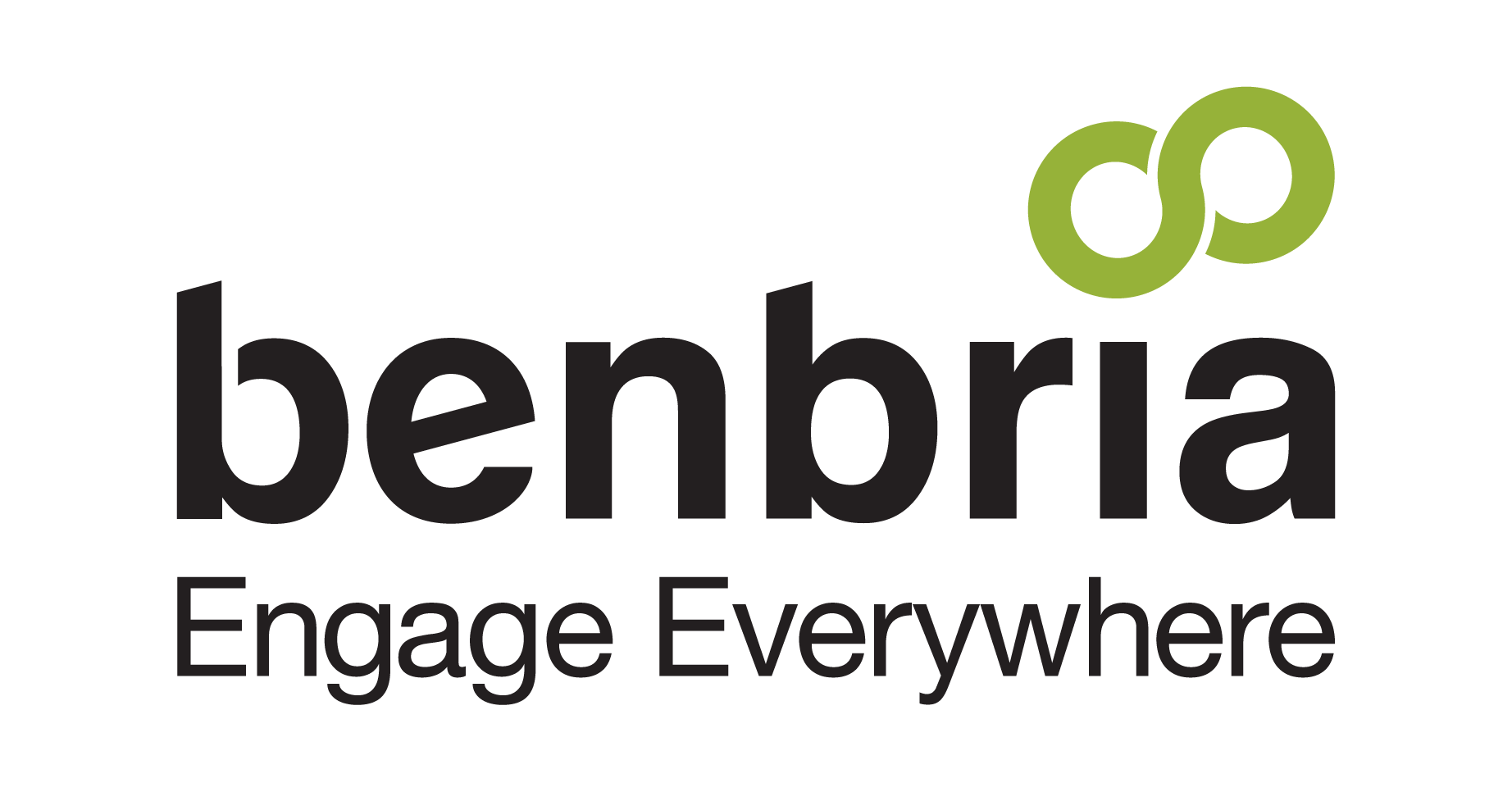Automation has been a hot topic in the hospitality industry over the past few months. From AI concierges to electronic butlers to fully robotic hotels, hotels have been embracing this technology to improve their operations and revolutionize the guest experience. We’ve even written about this trend on our blog. Our stance is that automation has an important place in hotels as long as it doesn’t supplant quality service. We believe that hotel automation can complement the human touch and open doors to meaningful conversations between guests and hotels.
Hotel automation has tangible benefits for both hotels and guests. We’ve broken down some of the guest-facing and back-end use cases for hotel automation, as well as the advantages to deploying this type of technology.
How Can Hotel Automation Be Applied in Hotels?
- Guest messaging. Hotels can use scripted messages to respond to guest requests and comments using a mobile guest engagement solution. Furthermore, through a menu interface, guests can use their mobile devices to request items and services from various hotel departments.
- Mobile check-in and check-out. Guests can check in to or out of the hotel using their mobile devices or an on-site kiosk, allowing them to skip the line at the front desk.
- Motion-detected and keycard-enabled guest rooms. Occupancy sensors can detect when the guest has entered the room and activate the lights and temperature control. Alternately, lights and temperature can be controlled by having the guest insert their room key into a reader near the door.
- Housekeeping deliveries. Robots are becoming more and more common in hotels. The Aloft Hotel in Cupertino recently launched Botlr, a robotic concierge that delivers items such as towels and toothbrushes to guest rooms.
- Room assignments. Some hospitality solutions automatically assign rooms to guests who have just booked based on their recorded preferences and the category of room they’ve requested.
Benefits For Hotels
- Saves staff time. When a mobile guest engagement solution is being used on the property, hotel automation keeps staff from having to manually respond to every single message they receive from guests. Instead, management can pre-program responses to a variety of requests and situations, enabling staff to focus their complete attention on more complicated issues and the timely fulfillment of guest requests. Robot concierges and butlers offer the same advantage. By using a robotic butler to deliver items to guest rooms, hotel staff can work more efficiently on other tasks.
- Immediate responses to guests. Hotel automation in terms of responses to guests guarantees that replies to their requests and concerns will be prompt. This gives guests the impression that their patronage is valued and their concerns are being taken seriously by hotel management, which can lead to a higher level of trust between the guest and hotel. A note of caution for hoteliers, however: don’t automate every single response, especially if a guest is particularly upset about something. In such cases, the guest wants to receive responses that are not just sympathetic, but also helpful. Serious guest concerns should be handled personally by management to avoid alienating the guest further.
- Cost reduction and increased revenue. Hotel automation can help reduce costs — and increase revenue — in various areas of a hotel. Mobile-based request menus allow guests to easily ask for products and services using their personal devices, which can translate into more sales. Robotic butlers replace the need for more staff members, so hotels can save on payroll costs. Some industry leaders even suggest that hotel automation can help minimize the energy costs associated with running a hotel, as keycard-activated lighting and air conditioning in guest rooms means electricity won’t be used while the guest is out of the room.
Benefits For Guests
- Allows for self-service. We live in a world where individuals — particularly Millennials — prefer to do things on their own. As Tyler Craig, VP and GM of NCR Corporation’s travel business stated in an interview with the New York Times: “Customers are used to ATMs at the bank instead of tellers, checking in for airplane flights online, and they are now looking for that same efficiency when they arrive at a hotel,” said Tyler Craig, vice president and GM of NCR Corporation’s travel business, in a New York Times article. In many cases, travelers prefer to have at least the option of self-service. The important thing for hoteliers to remember is that hotel automation must be balanced with impeccable service in such cases. Enabling self-service check-in and check-out shouldn’t be about taking authentic service away from guests; it should be about giving them choices.
- Personalized service. Through their PMS system, the hotel can store data about a guest’s preferences and use it to design an experience tailored specifically to them. For example, if the hotel learns that a guest enjoys pedicures at the spa, they can configure their marketing software to automatically send them a special offer for a pedicure at the hotel’s spa.
- Guest convenience. After a long flight, few guests are keen to stand in line waiting to check in while front desk staff tend to other guests. Mobile or kiosk check-in eliminates this need to wait. Furthermore, with a mobile guest engagement solution, guests can ask for what they want, when they want it, and have their issues resolved by hotel staff in a timely manner.





